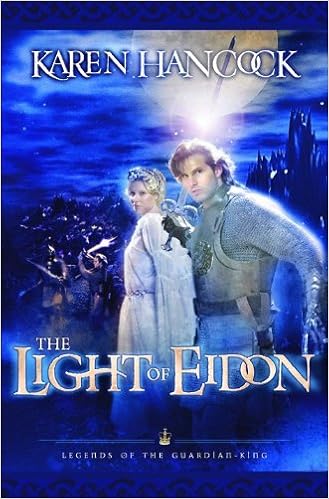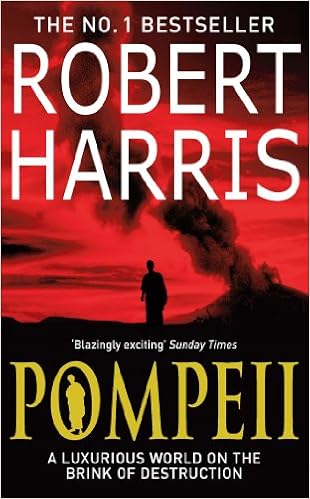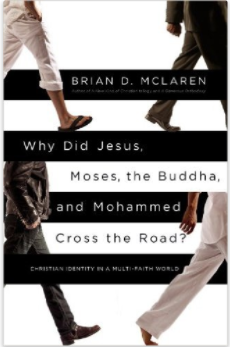![]() This very sensitively written book brilliantly captures the character and emotional struggles of the main players through a series of
This very sensitively written book brilliantly captures the character and emotional struggles of the main players through a series of 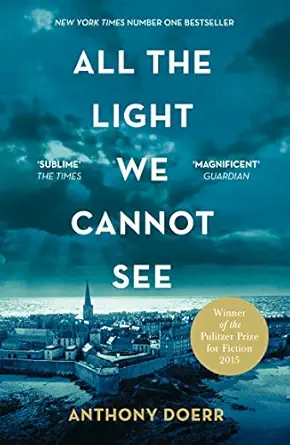 parallel cameos. Through the eyes of blind but bright Marie-Laure, we feel the desperate plight of the Parisians who flee from the advancing Germans, their struggle to survive in occupied Saint-Malo, their fifth column acts of resistance. Meanwhile, technically brilliant orphan Werner and his young sister Jutta face the harsh upbringing of a nation which is beginning to realise it’s aggression is failing. They enjoy a brief but emotional encounter when American bombers liberate the town.
parallel cameos. Through the eyes of blind but bright Marie-Laure, we feel the desperate plight of the Parisians who flee from the advancing Germans, their struggle to survive in occupied Saint-Malo, their fifth column acts of resistance. Meanwhile, technically brilliant orphan Werner and his young sister Jutta face the harsh upbringing of a nation which is beginning to realise it’s aggression is failing. They enjoy a brief but emotional encounter when American bombers liberate the town.
Questions of conscience concerning the morality of war, the maltreatment of a weak fellow student and the cold-blooded killing of resistance fighters are well developed, and recurring themes such as radio broadcasts, the Sea of Flames diamond and the intricate city models form intriguing subplots.
Marie-Laure’s life is carried forward to the time when Werner’s faithful wartime companion brings her his few remaining possessions. At the end she’s a grandmother. Her grandson is not worried about dying in his online wargame – “I can always begin again” – and she reflects on what the characters who left their mark on her life are doing in the afterlife. A touch of spirituality. And the mysterious legend of the Sea of Flames proves true.

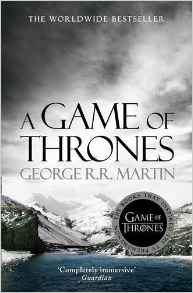 captivating, even if somewhat incredible at times. As the first of a series, it builds up a huge cast of players in multiple locations, the relationships between which become quite a challenge to unravel. And, of course, many subplots remain unfinished; actually,
captivating, even if somewhat incredible at times. As the first of a series, it builds up a huge cast of players in multiple locations, the relationships between which become quite a challenge to unravel. And, of course, many subplots remain unfinished; actually, 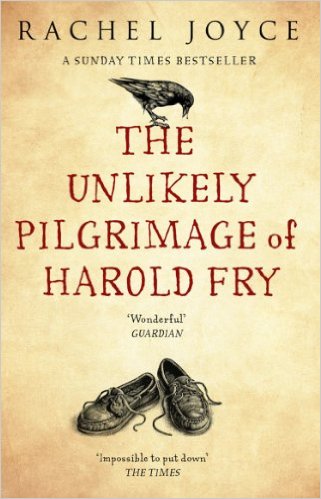
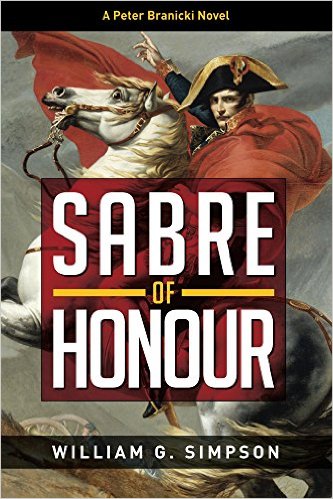 Raoul always come out victorious and, if they do happen to get injured, they’re well again in no time. Bonaparte and his troops manage with next to no sleep, advancing from one victory to the next.
Raoul always come out victorious and, if they do happen to get injured, they’re well again in no time. Bonaparte and his troops manage with next to no sleep, advancing from one victory to the next. 